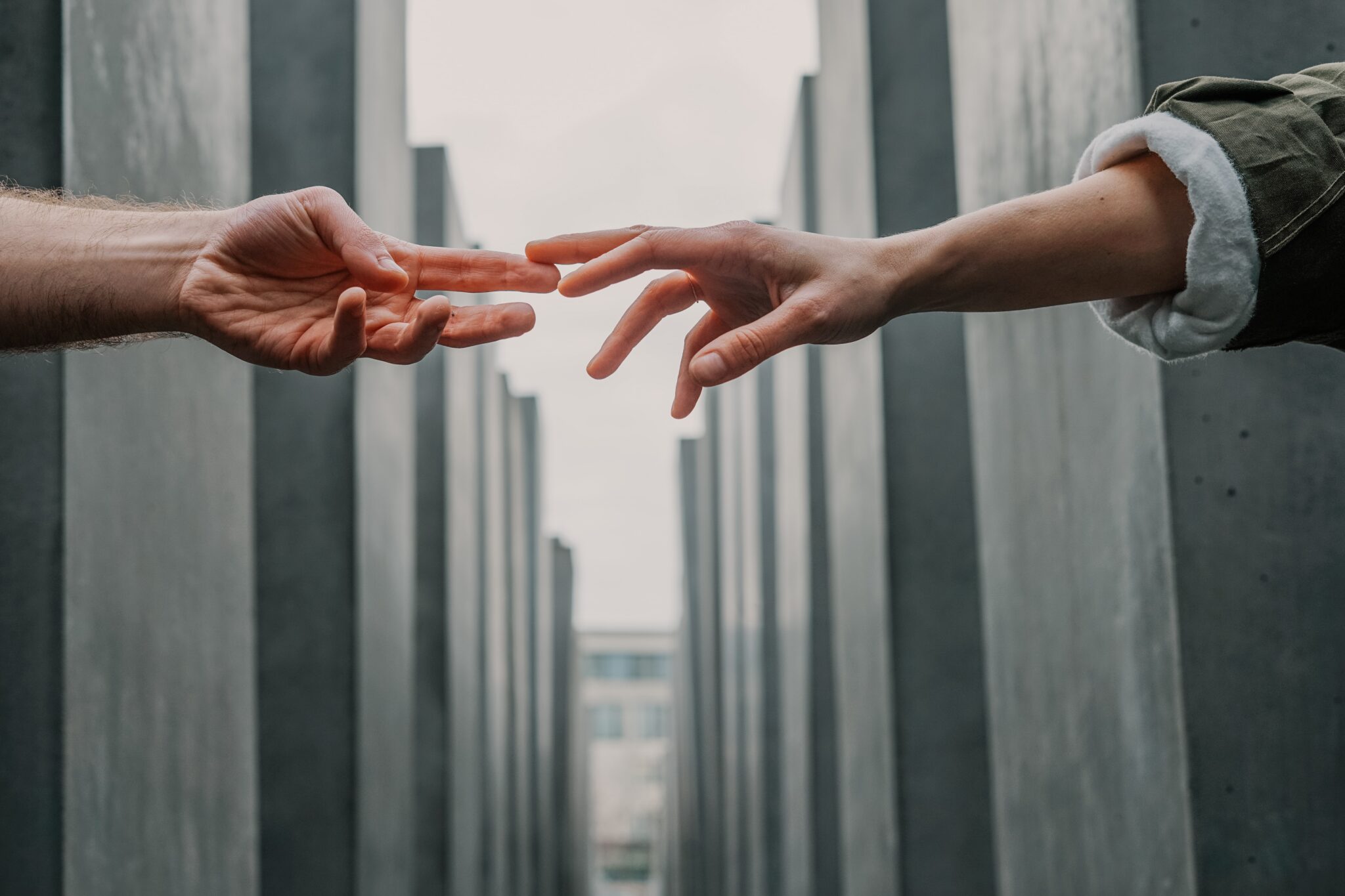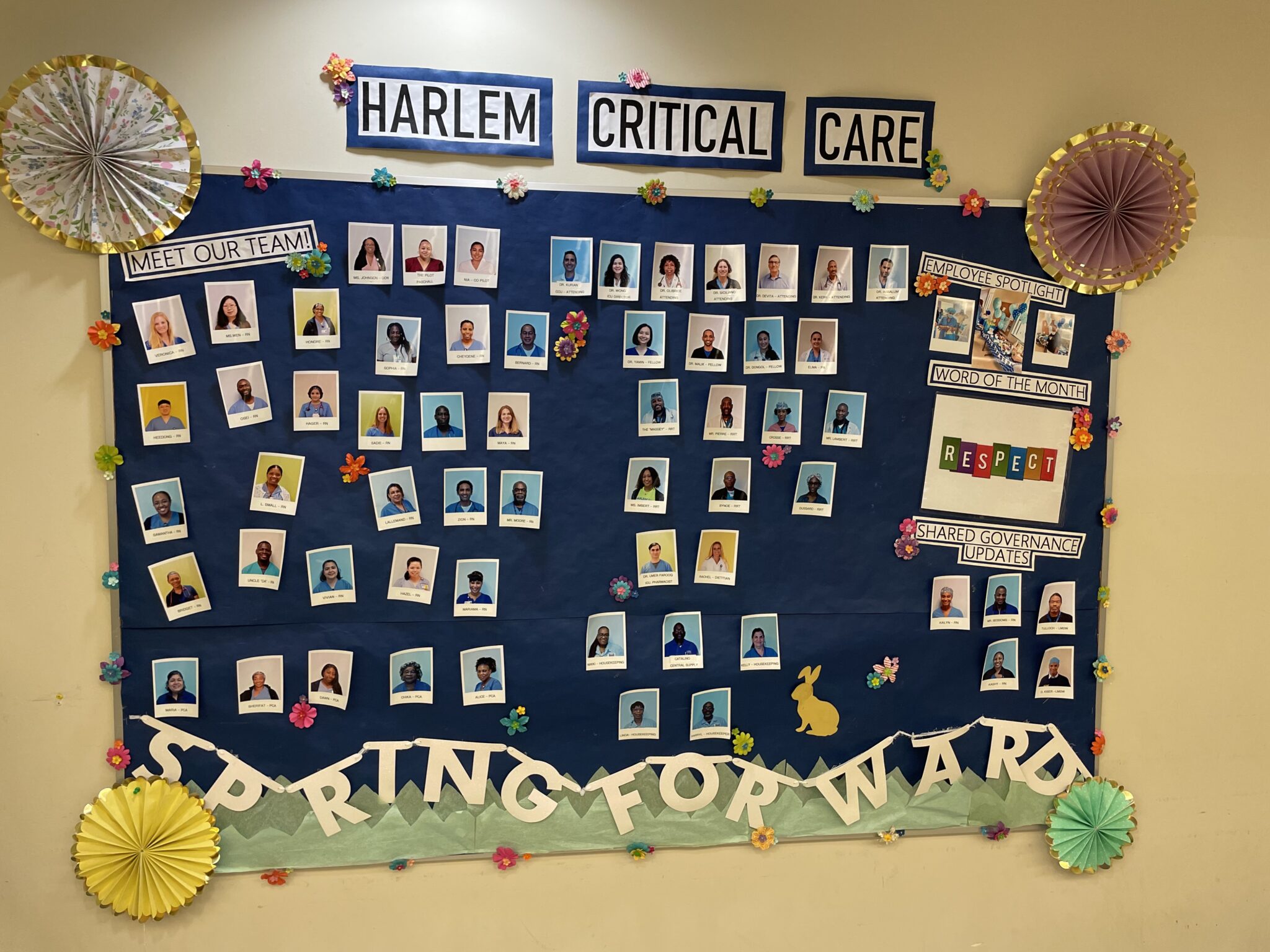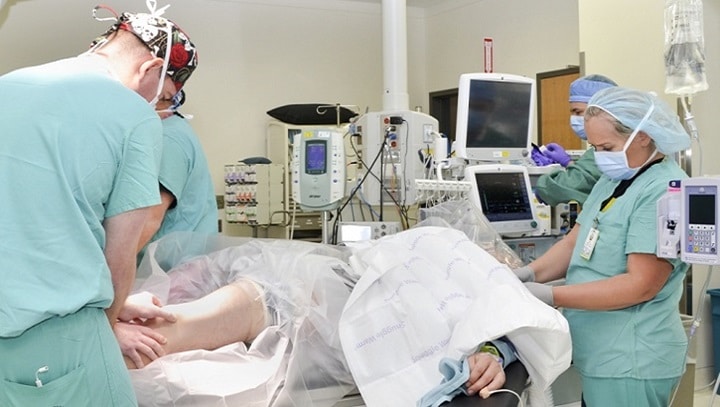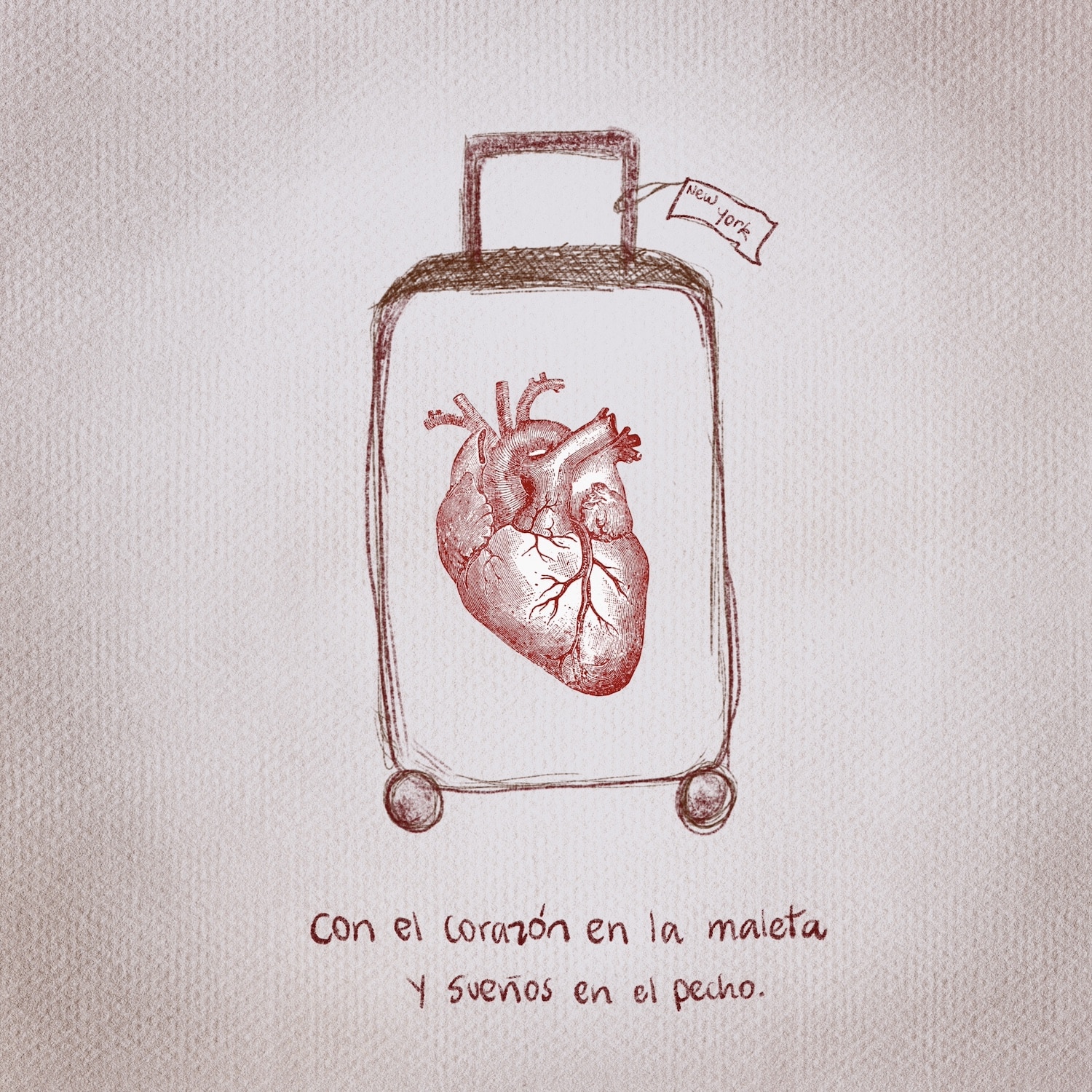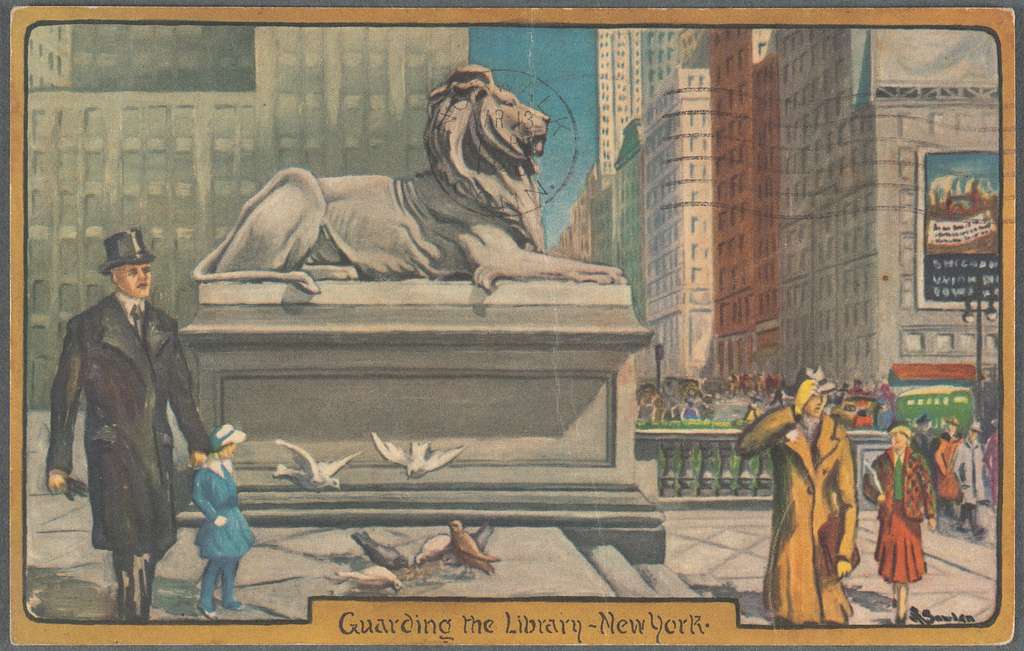COVID-19 is keeping people from the very contact they need to navigate stress and issues. Photo by Toa Heftiba via Unsplash
Ita Flores has a hard time meeting deadlines. Getting everything done on time causes overwhelming pressure. As due dates approach, she gets more and more anxious. And when they pass without her completing her assignments, she feels even more stress.
The pandemic made things worse. With everyone in quarantine, Flores’ workload increased. She had to help her parents with their business in Brooklyn, navigate unemployment services, look after her sister and continue attending her classes at City Tech on Zoom.
Overworked and tired, the 21-year-old realized she needed mental health support. “I always thought I would have time to deal with my anxiety and stress,” she said. “But then COVID happened, and I was forced to deal with it all at the same time.”
Getting help turned out to be harder than she thought.
People who want to start counseling are met with a wall of problems. Psychiatrists, psychologists and counseling services had more patients than they could handle before the pandemic. The pandemic created more demand for their services. That means people who need them will have a hard time finding counseling.
A poll taken by the American Psychological Association of nearly 1,800 psychologists showed that 29 percent of psychologists were seeing more patients overall.
The situation gets worse for people who do not have insurance. A study of 5,000 American adults cited that 42 percent of them saw cost and poor insurance coverage as main barriers to getting mental health care.
Because Flores did not have coverage, she first tried finding an insurance plan.
“I’m trying to find therapy, now I’m trying to find insurance, now I’m trying to find someone who can help me navigate insurance. And it becomes a whole thing,” Flores remarked. “It’s really frustrating. I would start searching, trying to get insurance, then I would spend a week straight doing research.”
Her hunt for an insurance plan was frustrating and unsuccessful. So, she decided to look for free counseling and psychiatric support instead. But COVID-19 restrictions made it harder.
“The resources that I was being given were like, go to this office, talk to this person. And it’s just like, we’re in the middle of the pandemic, I can’t go to the office or talk to this person,” Flores said. “Or I can, but it would be putting me, my family, at risk. And then if I’m sick, it would be putting whoever’s at the office at risk.”
Even when you get an appointment, there is another problem. Counseling services went virtual because of the pandemic. People can no longer drop by clinics to make appointments or physically see their therapists.
“One part of counseling and therapy is to develop a rapport with another human being to then reenter your own relationships and communities,” said Glen Milstein, a psychology professor at the City College of New York. “COVID keeps us from that contact, so it is difficult to develop connections and to feel better.”
Flores understood the setbacks but still wanted to get an appointment to see a professional. Through a friend, she finally found a healthcare clinic that provided the services she needed. But, her problems did not end there. She applied to the clinic and they told her that somebody would call her in two days to give her an appointment. Nobody called for a month.
Worried, she finally reached out to the clinic. “From there they sent me from one person to another person to another person. And then finally they scheduled my appointment.”
Flores eventually met with a doctor and spoke to them about her problems. She finally felt like she was getting somewhere. But she still had to wait.
“They said that realistically the wait would take six months to receive therapy and that they could help me look for other places for therapy,” Flores recalled. “But also, just because there are so many people that need help, patients are only taken in for six months.”
Her therapy sessions begin in September more than six months away.
Tags: City College Journalism Lack of resources Mental Health pandemic life Sajina Shrestha The City College of New York Therapy
Series: Coronavirus
